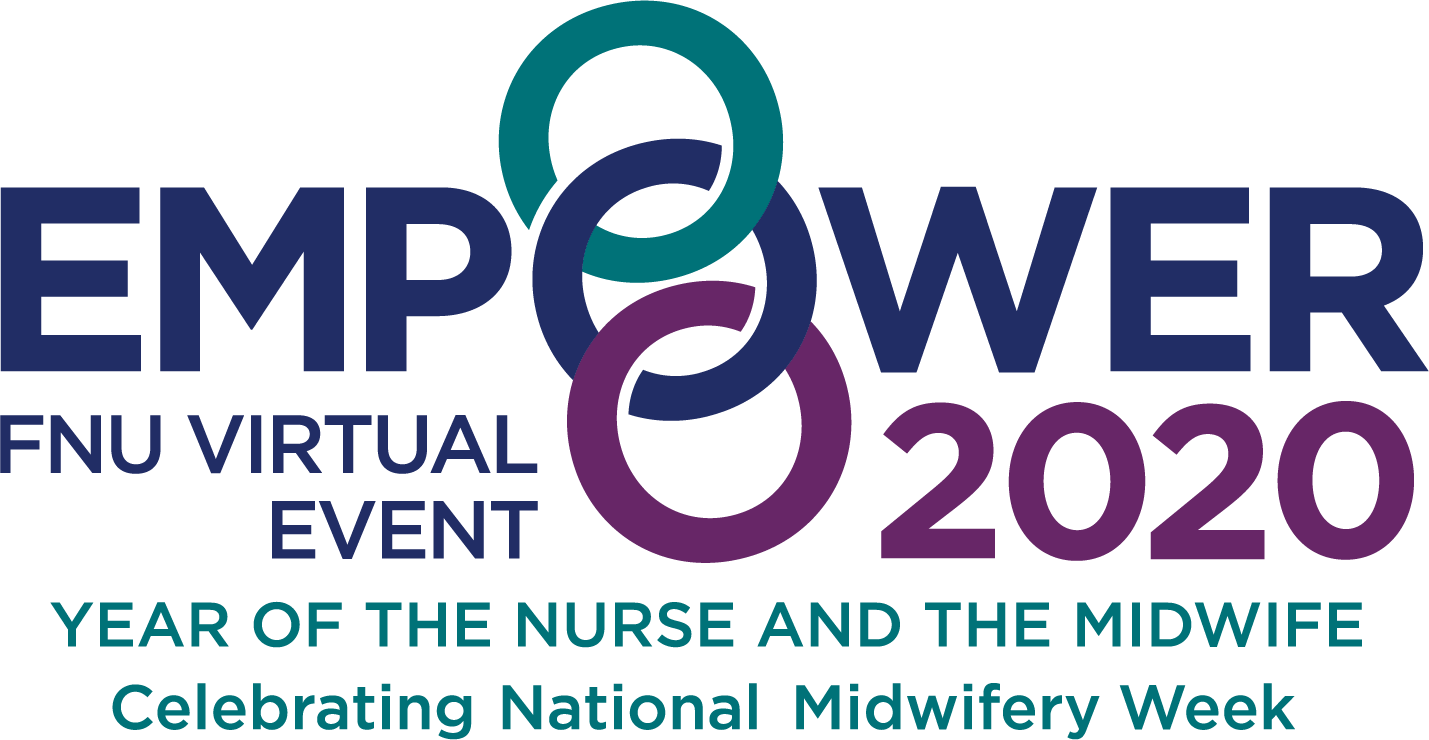 Maternal health disparities are a significant problem in the United States. Women in America are dying at a higher rate from pregnancy-related causes than in any other developed nation. Black women are three times more likely to die from pregnancy-related causes than white women.
Maternal health disparities are a significant problem in the United States. Women in America are dying at a higher rate from pregnancy-related causes than in any other developed nation. Black women are three times more likely to die from pregnancy-related causes than white women.
According to the Center for Health Care Strategies, Black infants are more than twice as likely to die within the first year of life as white infants. Native Americans/Alaska Natives, Asian Pacific Islanders, and subgroups of Latina women and children also fare worse than white families when it comes to maternal and child health outcomes.
Reducing racial disparities in maternal health requires a multilayered approach that addresses the underlying social causes of health and institutional racism.
Here are some strategies that could help erase racial disparities in maternal health:
Increase Access to High-Quality Prenatal Care
Black women are less likely to receive early and regular prenatal care than white women, which can lead to higher rates of complications during pregnancy and childbirth. Improving access to high-quality prenatal care can help reduce these disparities.
Address Structural Racism in Healthcare
Structural racism in healthcare, including implicit bias among healthcare providers, contributes to maternal health disparities. This racism means African American women often receive poorer quality care than white women. It means the denial of care when African American women seek help when enduring pain or that health care and social service providers fail to treat them with dignity and respect. This issue requires training healthcare providers to recognize and address their own biases and implementing policies that promote equity, culturally competent care and justice.
Increase Awareness and Education
Raising awareness of these disparities and educating the public, healthcare providers, and policy makers can help reduce disparities. This includes addressing the impact of systemic racism and the social determinants of health that contribute to poor maternal health outcomes.
Address Social Determinants of Health
Social determinants of health, such as poverty, lack of access to healthy food and safe housing, and limited access to transportation, can all impact maternal health outcomes. Improving these underlying issues can positively impact maternal health outcomes for all women.
Invest in Maternal Health Research
Investing in research on maternal health disparities can help identify effective approaches and programs. This includes studying the impact of implicit bias, the effectiveness of community-based interventions, and the impact of policies that address social determinants of health.
In conclusion, racial disparities in maternal health is complex and cannot be resolved overnight. This requires a comprehensive approach that addresses underlying social determinants of health and institutional racism. By implementing these strategies, we can work towards improving maternal health outcomes for all women, regardless of race.


 Aside from skin cancer, breast cancer is the most common form of cancer affecting women in the U.S. The chance for a female to be diagnosed with breast cancer during her lifetime has
Aside from skin cancer, breast cancer is the most common form of cancer affecting women in the U.S. The chance for a female to be diagnosed with breast cancer during her lifetime has 
 National Midwifery Week is the first week of October, and Frontier Nursing University (FNU) is celebrating by hosting a
National Midwifery Week is the first week of October, and Frontier Nursing University (FNU) is celebrating by hosting a